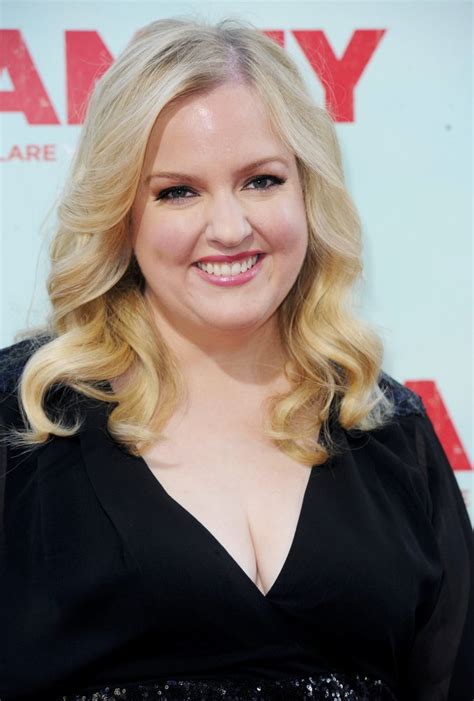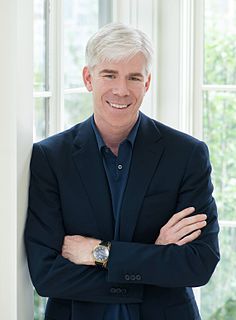A Quote by John Ortberg
I hate how spiritual formation gets positioned as an optional pursuit for a small special interest group within the church.
Related Quotes
Everyone receives spiritual formation, just as everyone gets an education. The only question is whether it is a good one or a bad one. We need to take a conscious, intentional hand in the developmental process. We need to understand what the formation of the human spirit is, and how it can best be done as Christ would have it done. This is an indispensable aspect of developing a psychology that is adequate to human life.
If the majority of the "spiritual market" is drawn to prerational magic and myth, how do you reach the small group who are involved in genuine, laborious, demanding, transrational spiritual practice? This is very difficult, because both markets are referred to as "spiritual," but these two camps really don't get along very well-one is mostly translative, the other is mostly transformative, and they generally disapprove of each other-so how do you put them into one magazine without alienating them both?
The use of rock, folk, or pop music serves a purpose. It gets people into the church. But an inexperienced guitar player who doesn't have much to say, for example, can make me wish to leave the church immediately, whereas one great jazz or classical guitarist can confirm that I will have a spiritual experience in the church.
As a Jew, I recognize the importance of Israel historically, liturgically: its place in our history and in our sacred texts. I fully recognize and appreciate that. I just think that, for me, a sole focus on Israel gets in the way of the pursuit of a relationship with God and a more spiritual existence within Judaism.

































